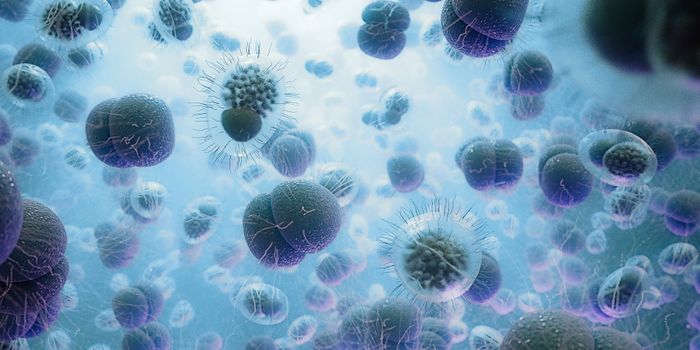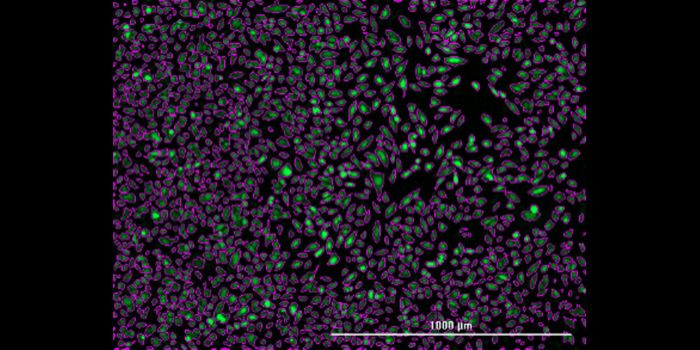Bioplastic Explained: How Much Bio Can You Expect in Plastic

In a world pressing towards sustainability, the shift from traditional fossil-based plastics to biobased alternatives is gaining momentum. Understanding these materials' intricacies is crucial for their effective integration, especially in sensitive environments like laboratories. Eppendorf’s white paper, authored by Dr. Kerstin Hermuth-Kleinschmidt of NIUB Sustainability Consulting, delves deep into the realms of biobased plastics, offering a clear, scientific perspective on their application and environmental impact.
Titled "Bioplastic Explained: How Much 'Bio' Can You Expect in Plastic?", this comprehensive guide demystifies the various categories of biobased plastics—highlighting their benefits, limitations, and suitability for laboratory use. The white paper explores essential definitions and the nuances between biobased, biodegradable, and compostable plastics, ensuring you make informed decisions that align with both your scientific needs and sustainability goals.
Why Read This White Paper?
Clarity on Definitions: Understand what bioplastic really means, including the distinctions among biobased, biodegradable, and compostable materials.
Laboratory Applications: Learn why certain types of bioplastics are more suited for lab use than others, and why biodegradable variants may not be the best choice.
Sustainability Insights: Gain insights into how using biobased plastics can significantly reduce CO2 emissions and reliance on fossil resources, contributing to a more sustainable lab environment.
Future Outlook: Look beyond current applications and explore how ongoing research and innovations in bioplastics could further transform sustainability in laboratories.
This white paper is an indispensable resource for laboratory managers, sustainability officers, and anyone involved in the procurement of lab consumables who is committed to reducing environmental impact without compromising on quality or performance.








